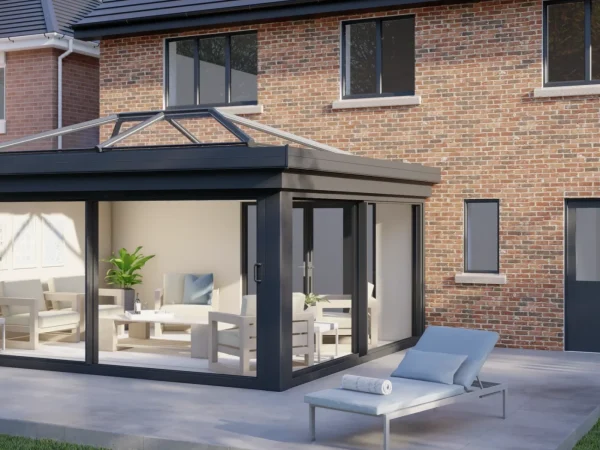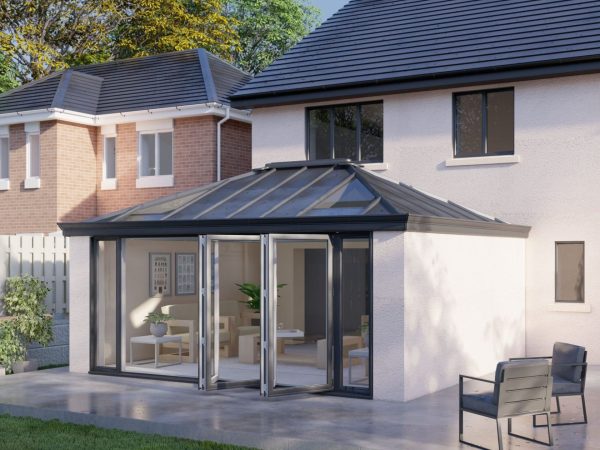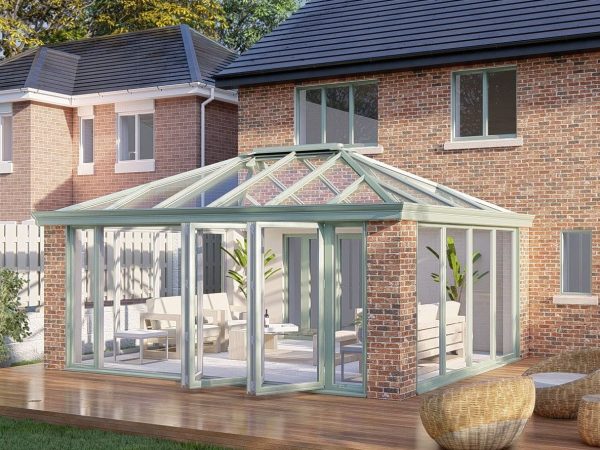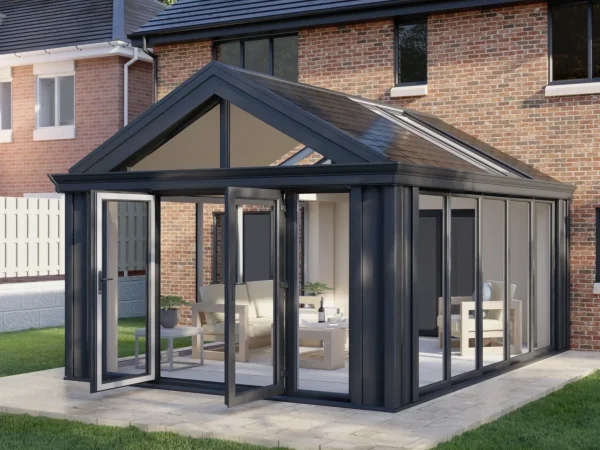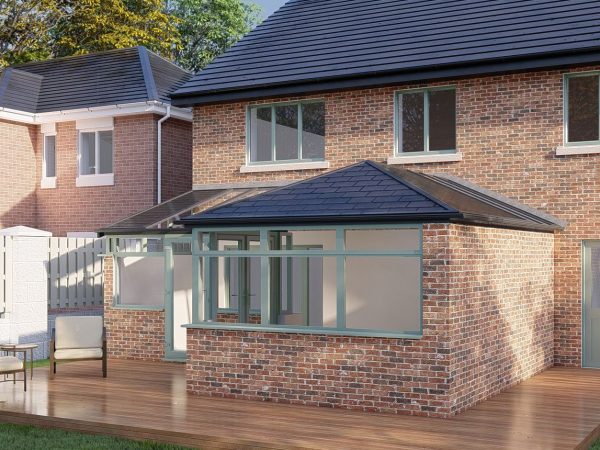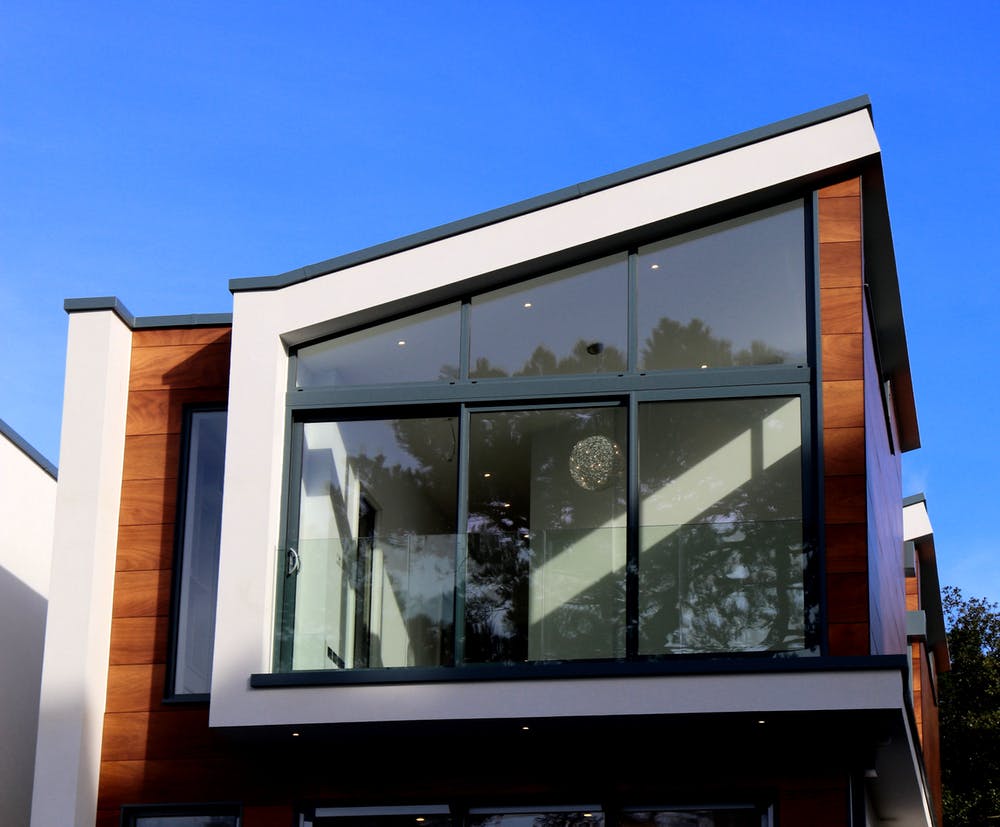Then there’s the fact that they might actually retain too much heat. Even on Cornwall’s hottest summer days, this might sound crazy, but there are people who live in warmer climates that have no interest in making their home warmer than it needs to be. This is a rare concern for us here in the UK!
It’s also worth noting that just as the initial cost is higher, any repairs to double glazing are likely to cost more, and be harder to carry out. For example, if the seal breaks, it could cause condensation between the panes – a problem so difficult to repair that it’s probably more cost-effective to replace the whole unit. An issue like this is easily avoided if the double glazing is installed by reputable professionals like ours in the first place. At CTG, all our windows are covered by a 10-year manufacturer’s warranty as well.
When do I need to replace my double glazing?
The tell tale signs that your double glazing is failing are water leaking through the frame, mist or condensation between the panes, cracks and chips in the glass, or cold draughts creeping into your home.
Then there are the more subtle signs that emerge gradually, such as a reduction in thermal efficiency or soundproofing properties. No matter how well they’re installed, or how high quality the materials, there will come a time that this happens. The average lifespan for double glazing is about 20 years, or closer to 30 if they’re particularly high quality – so if you’re aware that this time is approaching, keep a lookout for any changes.
Ready to make the switch? Our team will be happy to advise on the best options for your specific property, so feel free to get in touch – either online or by visiting our showroom in Hayle. We also have a number of online resources for you to check out at your convenience, like our brochures and our Design Your Solution feature.
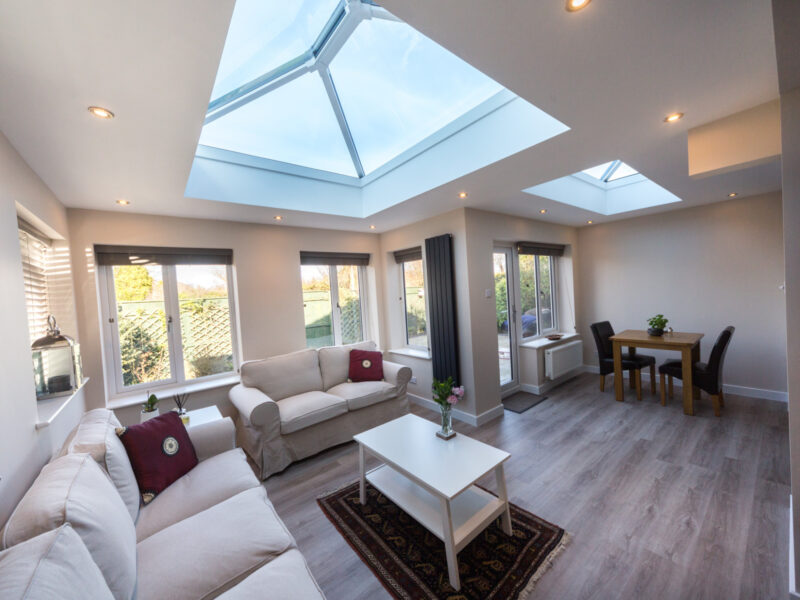 Architect Designed Living Spaces
Architect Designed Living Spaces
 Finance Options Available
Finance Options Available
